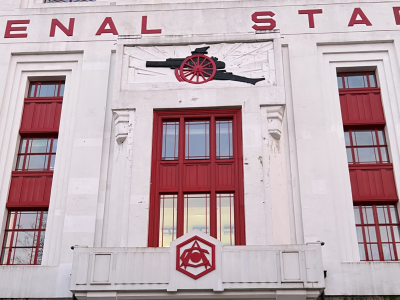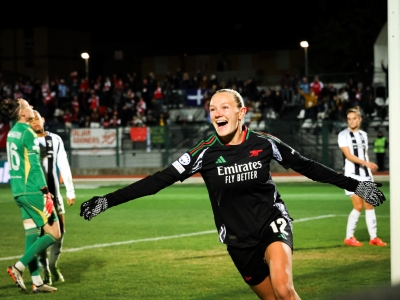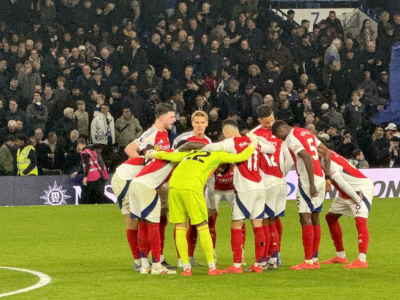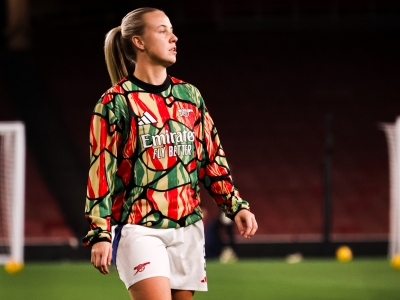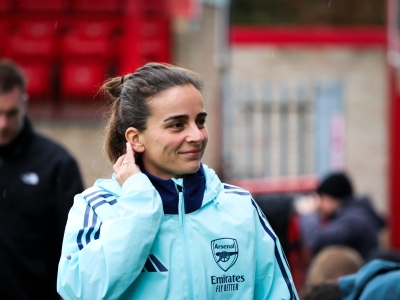With the football calendar yet to be resolved, and it looking more and more likely that the current season might be abandoned completely, what was perceived as a ridiculous decision to hold the 2022 World Cup Finals in Qatar might now actually end up working out, if only because it puts a reasonable distance between Euro 2020 (now to be played in the summer of 2021) and Euro 2024 (which will be hosted in Germany).
Granted, when FIFA decided to stage the world’s biggest football tournament in the Middle East for the first time ever, it was a major shock, and the choice of Qatar to host the 2022 FIFA World Cup caused huge controversy in the football world. The tournament in winter, alleged bribery, horrific conditions for migrant workers and disordering of the top European domestic leagues have been the main themes in the news ever since FIFA announced the decision.
And one subject of debate is the changes that regular football fans will experience given the very different circumstances that exist in a host country with no real track record of hosting the numbers of visitors that the finals will see. There are a lot of questions. Will fans travel to Qatar at all? How hot will it be? How expensive will accommodation be? Will visitors be able to enjoy a beer or something stronger? One thing that won’t be affected in the slightest is the sports betting industry - probably the only niche that won’t feel the consequences of FIFA’s decision to move the major tournament to Qatar. Thanks to the massive rise of the online gambling industry, punters across the globe will have plenty of options to put their respective wagers at. Even the US residents will be able to place bets at William Hill NJ. Nevertheless, everything else will be significantly different to what the spectators have been used to in the previous tournaments. Regarding alcohol (and Budweiser are one of the major sponsors), the solution in one of the most conservative countries in the world, where fans will not have the luxury of buying alcohol ordinarily is for it to only be served at licensed fanzones and on matchdays at the stadium itself – however it will be significantly more expensive than normal (and as we know, prices in any FIFA controlled environment at tournaments aren’t cheap anyway!).
The thing that everyone will experience, whether they are traveling to the tournament or staying at home, is the obvious disruption to their domestic football. Up till now, we have seen two week breaks between Premier League fixtures to accommodate international breaks on a regular basis. But the 2022 World Cup is currently schedule to begin on Monday 21st November and conclude on Sunday 18th December. You cannot imagine any Premier League games happening before Christmas Day and you’d envisage that the last possible date for club matches before the tournament begins would be the first weekend in November.
The tournament was moved from the northern hemisphere summer (and the end of the season in the standard football calendar because temperatures in the Middle East are unbearable during the summer, but FIFA decided to stick with Qatar and rather move the tournament to mid-season in most of the European leagues, at a time when we will be looking at temperatures around 24 degrees which is more than acceptable. And in fairness, most fans will be within a four hour flight of Qatar due to its geographic location. Unusually, the distance between the furthest stadiums in Qatar is no longer than 55km, which has to be better compared to the last World Cup in Russia when sometimes the fans were obliged to fly thousands of miles to watch their nation’s next game.
So even though the World Cup in Qatar does have a few advantages, and given the disruption to the current season we are all experiencing, no-one is going to be happy about the biggest event in sport taking place in the middle of the season, regardless of the other issues associated with the host country. It will come to be seen as a folly in the years to come, and most of the stadiums being constructed will be demolished soon after the tournament. That kind of says it all.
However, the one upside of this is that we don’t have a summer with a major tournament (the Euros) followed immediately by a World Cup. Certainly for fans who save up between finals to travel and support their countries, the 18 month gap is a silver lining on this peculiar cloud. And hell, for northern Europeans that do travel, it’s an excuse for a bit of winter sun.


